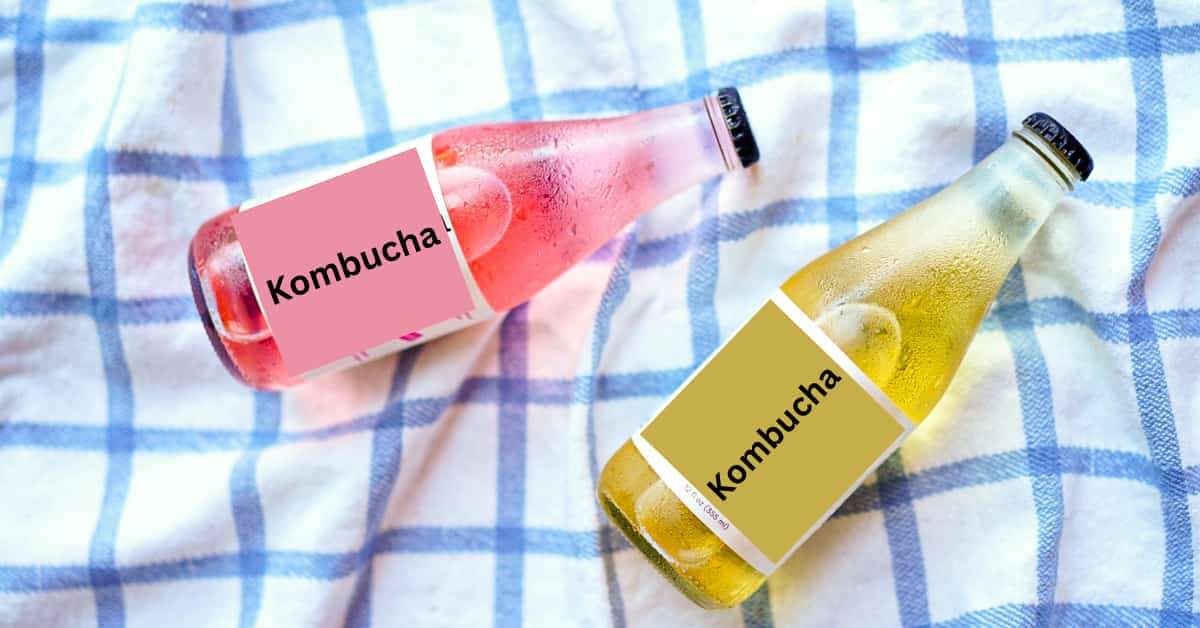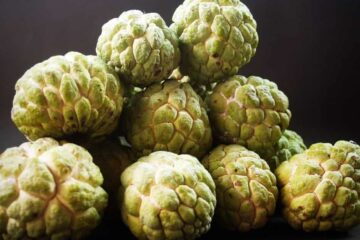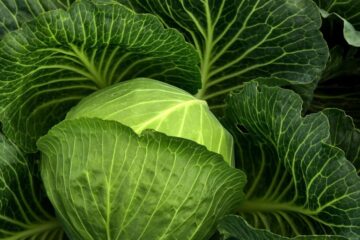Table of Contents
Introduction
Kombucha is a fizzy, fermented beverage typically made with green or black tea. Although it is occasionally called kombucha mushroom tea, it is not made with fungi. The “mushroom” is a symbiotic settlement of bacteria and yeast, or SCOBY(Symbiotic Culture of Bacteria and Yeast). When counted to sweet tea and fermented, it makes healthy bacteria and B vitamins.
For this reason, it has been marked as a functional drink, a nonalcoholic drink with elements added to provide health advantages.
Although relatively new to the United States, it has lived for over 2,000 years. It was first brewed in China and then exported to Japan & Russia. It became popular in Europe in the 20th century. Deals in the United States are increasing because of its reputation as a health & energy drink.
Numerous claims exist that Kombucha aids in relieving or preventing various health issues, from obesity and cardiovascular conditions to cancer and diabetes. Scientists resume searching for evidence to back up these assertions and prove why some features of the drink may be good for you.
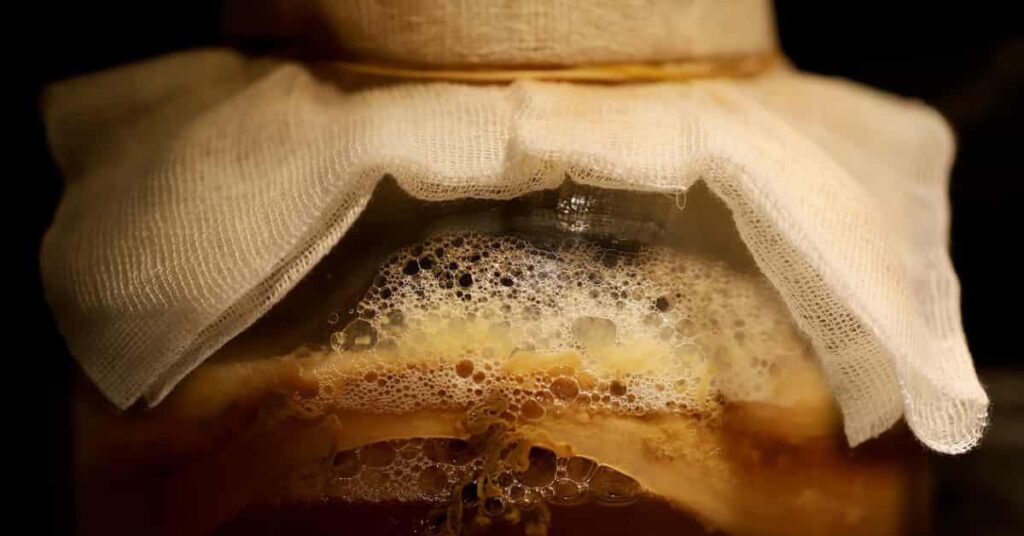
Kombucha
Kombucha is a fermented or brewed black or green tea drink usually ingested as a health food. It is often brewed at home, though commercial products are increasingly known everywhere. The fermentation method involves several microorganisms, including various yeasts and bacteria, and the resulting probiotic drink is slightly effervescent with a mild sour or vinegar flavour. The tea has several reported health benefits, but little analysis supports many claims.
In its basic form, Kombucha is defined as having a slightly sweet & vinegary taste or tanginess. It is usually flavored with honey, fruit, or sugar. Fermentation offers Kombucha its fizz, which you may find refreshing.
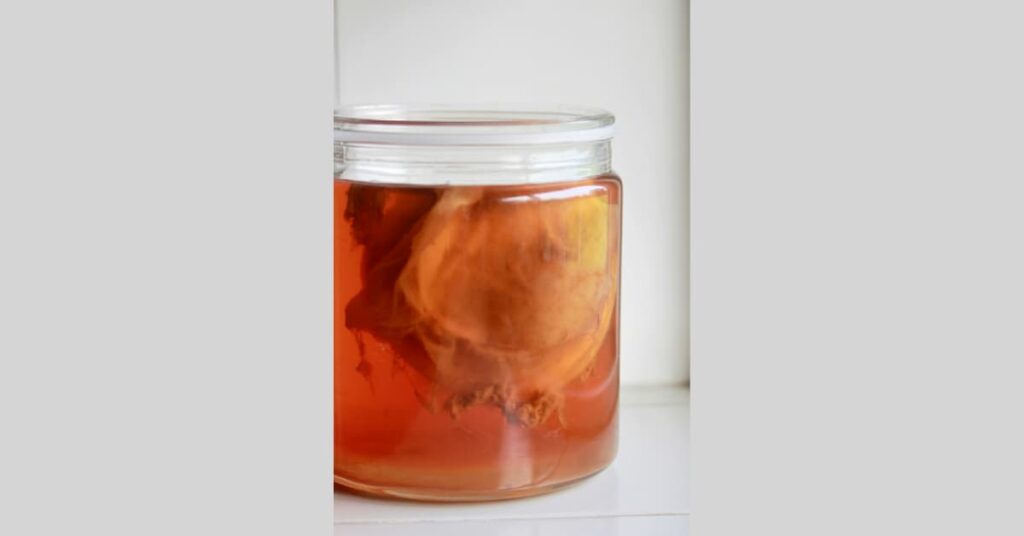
Kombucha origin
The origin of Kombucha is widely assumed to be in East Asia, with the most influential evidence suggesting China.
Here is a summary of its origin and spread:
- Birthplace (The Prevailing Theory): It is widely believed to have developed in the Bohai Sea region of Northeast China (Manchuria).
- The earliest authorities often place its consumption around the Qin Dynasty (circa 220 BCE), where it was allegedly understood as the “Tea of Immortality” or “Lingzhi” and was used for its purported healing and longevity-promoting properties.
- Spread to East Asia and the Name: One famous, though potentially fictional, legend declares that a Korean physician called Dr. Kombu got tea to Japan around 414 CE to cure Emperor Inkyo’s digestive issues. This report is often mentioned as the origin of the name “Kombu-cha” (Kombu’s Tea), despite konbu being the Japanese word for kelp (seaweed), a totally different beverage.
- However, of the name’s true etymology, the fermented tea became understood in Japan as Kōcha Kinoko (“red tea mushroom”).
- Journey Westward: The beverage is thought to have spread westward along the Silk Road via trade routes from East Asia.
- By the late 19th and early 20th centuries, it had achieved significant popularity in Russia and Eastern Europe, where it was known as “Chaynyy Grib” (Tea Mushroom). During World War I, its use spread further among soldiers and civilians.
- It eventually gained mainstream popularity in the late 20th and early 21st centuries as a functional health beverage in the United States and globally.
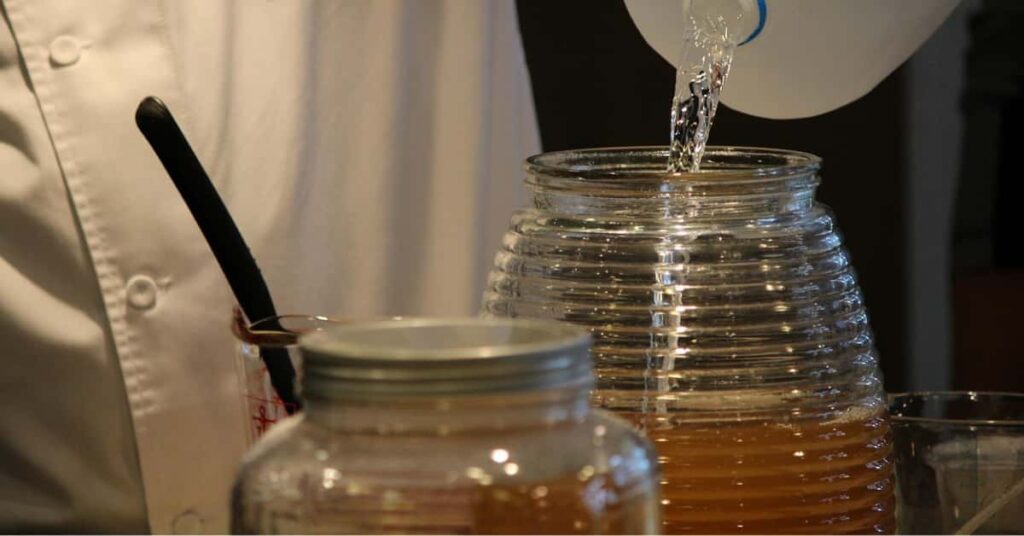
Kombucha ingredients
The essential ingredients in Kombucha are yeast, sugar, and tea. The mixture is set aside for a week and more. During that time, bacteria & acids form in the beverage, along with a small amount of alcohol. (Alcohol levels are typically below 0.5%.) This method is understood as fermentation, and it’s equivalent to how cabbage is maintained as sauerkraut and kimchi, or how milk is turned into yogurt.
Kombucha Benefits
Kombucha is a fermented tea drink or sip that has been ingested for centuries. It is often hailed for its possible health benefits, which stem from its special composition, which contains probiotics, organic acids, and antioxidants derived from the tea and the fermentation process.
Here are the key possible health advantages of drinking Kombucha:
1. Digestive and Gut Health
- Source of Probiotics: It is a fermented beverage that includes a variety of living bacteria and yeasts (probiotics). These healthy microorganisms enrich and balance the gut microbiome, essential for overall health.
- Improved Digestion: Kombucha’s probiotics and organic acids (like acetic acid) may aid digestion and absorption of nutrients, supporting smoother digestion and potentially helping issues like constipation.
- Prebiotic Effects: Certain features may act as prebiotics, feeding the healthy gut bacteria and helping them thrive.
2. Antioxidant Power
- Rich in Polyphenols: Made from green or black tea, it is naturally high in polyphenols. The fermentation process is trusted to enhance the bioavailability of these compounds.
- Combats Oxidative Stress: These antioxidants assist in fighting free radicals in the body, decreasing cellular damage and lessening the risk of chronic conditions linked to oxidative stress and inflammation.
3. Potential for Disease Management
- Blood Sugar Regulation: Some studies, especially in people with diabetes, suggest that it may help lower fasting blood sugar levels and maintain insulin sensitivity, possibly due to its organic acid content and slower digestion of its sugars.
- Heart Health: In animal investigations, its consumption has been linked to reduced LDL (“bad”) cholesterol and triglyceride levels, potentially helping improve cardiovascular health.
- Antimicrobial Properties: The acetic acid produced during fermentation gives it antimicrobial properties, which may help inhibit the development of certain dangerous bacteria and pathogens.
4. Other Supporting Benefits
- Nutrient Source: It includes B vitamins (B1, B2, B3, B6, and B9/Folate) and vital trace minerals like manganese and zinc, essential for energy production and immune function.
- Hydration and Energy: It is a flavorful, hydrating drink that includes small doses of caffeine (derived from the tea base), which can provide a mild, natural energy boost.
- Liver Support: Animal examination reveals Kombucha may help liver function by reducing fat accumulation in liver cells and mitigating inflammation.
Kombucha alcohol
Because Kombucha is fermented, it does contain alcohol. Alcohol levels are typically below 0.5%.

Kombucha drink
Drinking Kombucha can be helpful for you due to its probiotics and antioxidants. Still, it should be ingested in moderation and caution, particularly for those with compromised immune systems or who are sensitive to caffeine. While some advantages, like enhanced digestion and potential immune support, are related to its probiotics and polyphenols, more research is required to verify these effects. It can be a healthy replacement for sugary drinks, but excessive consumption or improperly brewed collections can lead to side effects, for example, bloating or infections.
Kombucha Recipe
Making your own Kombucha is surprisingly comfortable. First, make a strong, sweet tea or let it cool. Transfer the tea to a gallon jar and slip the scoby into the liquid. It usually flows, but it might sink to the bottom, float sideways, or move up & down during fermentation; all these are fine!
Cover the jar or utensil with a double layer of finely twisted dish towels secured with a rubber band.
It lets air flow into the jar and keeps bugs and dirt from reaching it. Place the jar away from direct daylight, where it won’t get shaken too much, and where the temperature is about 70°F -75°F on average. It will ferment quickly at higher temperatures or more slowly at lower temperatures.
Let the kombucha ferment for one to four weeks. During this time, the yeast & bacteria in the scoby will begin drinking the sugar in the sweet tea, and it will slowly become more tart and tangy. After a week, start tasting it; pour a little amount from the jar into a glass. Once it tastes good, it’s prepared to be bottled.

Does Kombucha make you poop?
The simple answer is yes, Kombucha can help you poop, primarily if you are dealing with mild constipation. Nevertheless, it is not a laxative and does not usually cause an immediate urge.
Here is an explanation of why this drink affects bowel movements:
1. Gut Health and Probiotics
- Microbiome Balance: It is a source of probiotics (healthy bacteria and yeasts) and organic acids. Introducing these microorganisms and metabolites into your system can assist in refresh a healthy balance to your gut flora, which is key to efficient gut motility.
- Improved Motility: Some analysis indicates that the compounds in Kombucha can enhance gut motility (the motion of material through the digestive system) and improve stool frequency, which is why it is often cited as a treatment for mild constipation.
2. Hydration and Acidity
- Hydration: Like any beverage, Kombucha contributes to your daily fluid intake. Staying well-hydrated is vital for keeping stools soft and easy to pass.
- Organic Acids: The acetic acid and other organic acids created during fermentation may stimulate the digestive system, further boosting movement.
Necessary Caution: Start Slow
While Kombucha helps bowel regularity, consuming too much too quickly can have the opposite—and undesirable—impact:
- Digestive Upset: Introducing a high concentration of new bacteria to your gut too rapidly can generate side effects like gas, bloating, stomach upset, and diarrhea.
- Recommendation: If you are new to Kombucha, begin with a small amount—such as 4 ounces (about 120 ml) per day—and slowly raise your consumption as the body adjusts.
Kombucha scoby
Kombucha needs bacteria and yeast to start fermentation, which provides flavor and nutrition. The mutually beneficial — or symbiotic — connection is formed when yeast breaks down the sugar contained in the tea, which, in turn, feeds the bacteria that produce acid in the form of vinegar. The SCOBY added to sweet tea creates a film or spongy, jelly-like essence. It is often named a mushroom, although it is not a fungus. You might also hear it named the kombucha mother.
Conclusion
Kombucha is far better than just a passing health trend; it is a time-tested, practical beverage rooted in centuries of tradition, especially in East Asia. As a consequence of tea fermented by a Symbiotic Culture of Bacteria & Yeast (SCOBY), it is naturally rich in probiotics, organic acids (like acetic acid), and antioxidants.
Finally, Kombucha is a unique, fizzy, and delicious alternative to sugary sodas. Drinking in moderation is an ideal way to incorporate fermented foods and their associated vitality into a proportional, modern diet, keeping the ancient idea of meals as medicine.

